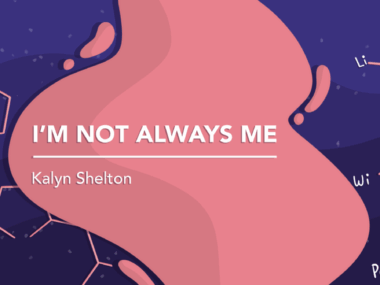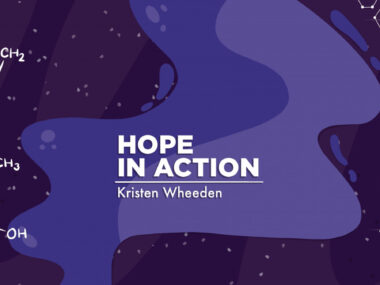Staying in Bed Doesn’t Mean I’m Lazy
Written by |

I’m a huge fan of mornings. They once stood for solid productivity. Before reporting to the office at 8 a.m., I’d have a three-mile run, meal preparation, personal email, and news headlines all checked off my list.
These days I stay in bed, often until 9 or 10 a.m. Still, I consider myself a morning person.
Two years ago, a series of acute porphyria flares led to a massive episode. Historically, my care team has treated attacks with three to four doses of Panhematin. That time, I required 11. I was discharged from the hospital after regaining mobility, but my strength and stamina have never recovered.
Due to twice monthly attacks, I struggled to improve. I would make progress for two weeks, then lose it when another struck — each time, accumulating new and worsening chronic symptoms. My baseline health was on a slow decline.
Rough Mornings
Mornings were unquestionably the hardest. Once time I held sacred, they became the period of my day I feared most. Waking up to an onslaught of pain, fog, and weakness, I’d remember with a start: this wasn’t a nightmare; this was my life.
Then I’d force my sad, sore body out of bed for a long walk and whatever arbitrary project I needed to engage in to justify my worth and sense of purpose. I ignored my body’s needs and often crashed midday.
Sleeping in was hard because I’d mistakenly adopted society’s ableist ideals as my own. Staying in bed equaled laziness and inefficiency. That was a sticky narrative that prevented my growth for a long time. I became obsessed with the number of “usable” hours I had in my day and ways in which I could optimize them, as if I could hack my disability. It wasn’t working.
I had two choices: remain in denial, or let it go.
The first option wasn’t doing me any favors. Gone were the days sleep recharged my battery, the mornings I’d bound out of bed to catch the sunrise from the trail. I’d surrendered to my body plenty of times, but only in the midst of bad attacks.
Black activist, feminist, and writer bell hooks once said, “A form of wisdom that I strive for is the ability to know what is needed at a given moment in time.” What would it look like if I made decisions based on my body’s needs, instead of using outdated, ableist expectations? How would it feel?
Tender Mornings
Last year, I started an experiment. I decided to greet each new day with compassion. I call these hours my “tender mornings.”
I began with a quick scan to determine where things were when I woke up. Did I need more sleep? A heating pad? Medication? A self-compassion meditation? A book to read? Help with the dog? Will an outpatient treatment be needed that day? If so, I’d make the call from bed once the office opened.
I’ll typically need medication first thing in the morning, then I’ll go back to sleep for a while. Often, I’ll warm up my heating pad, close my eyes, and listen to a chapter or two of a book. When I’m fairly confident I’m done drifting off, I’ll see where my head’s at, to determine what sort of meditation sounds best that day. Depending on how I’m feeling or if I have doctor appointments to get up for, I’ll do a mindfulness practice that ranges from 10 to 45 minutes.
Changing what it means for me to be a morning person is one example of how I’ve used compassion to redefine life with a disability. Self-judgment is cloudy. It gets in the way of addressing our bodies’ needs at any time of day, and this is particularly problematic if you’re managing chronic illness.
I reclaimed my mornings by choosing to identify and address my needs. When I get out of bed, I am nourished. I’m still tired and in pain, but the day is easier to face.
Note: Porphyria News is strictly a news and information website about the disease. It does not provide medical advice, diagnosis, or treatment. This content is not intended to be a substitute for professional medical advice, diagnosis, or treatment. Always seek the advice of your physician or other qualified health provider with any questions you may have regarding a medical condition. Never disregard professional medical advice or delay in seeking it because of something you have read on this website. The opinions expressed in this column are not those of Porphyria News or its parent company, Bionews, and are intended to spark discussion about issues pertaining to porphyria.






Leave a comment
Fill in the required fields to post. Your email address will not be published.